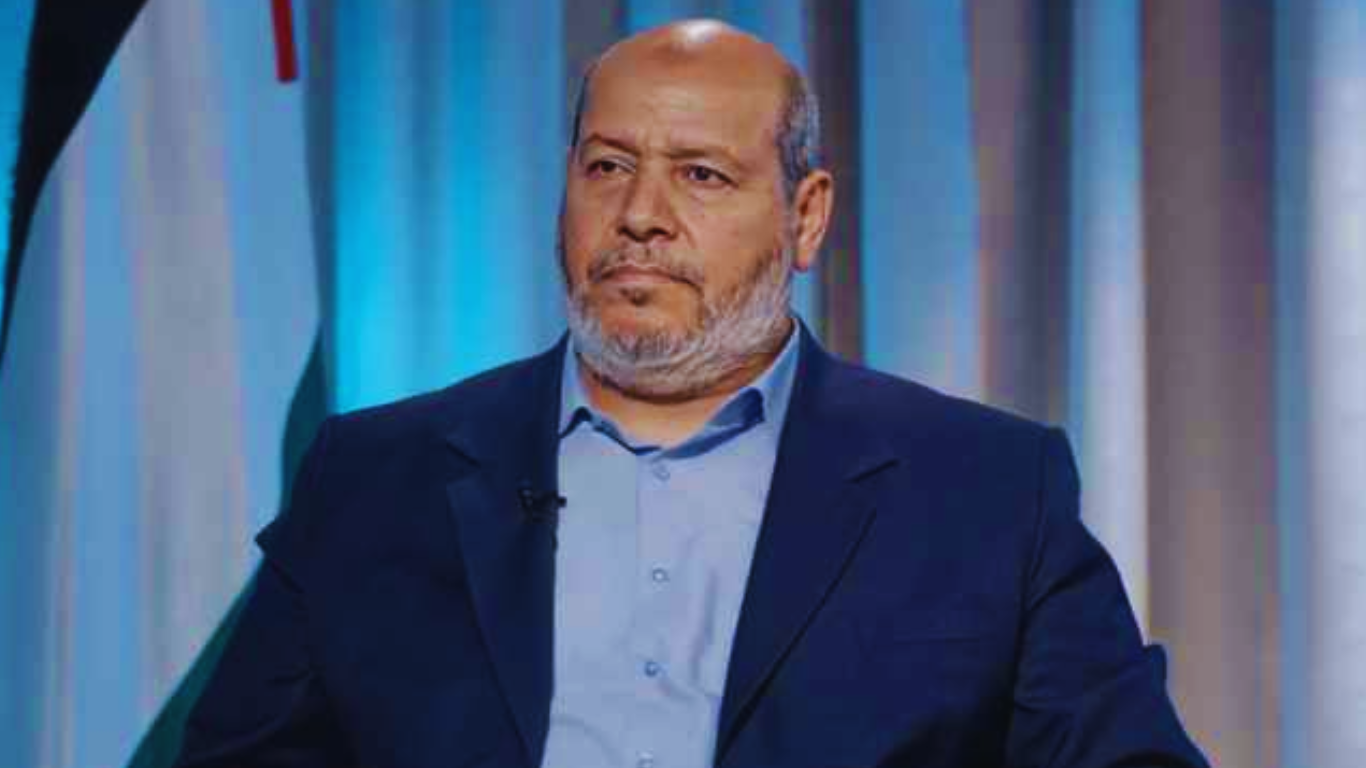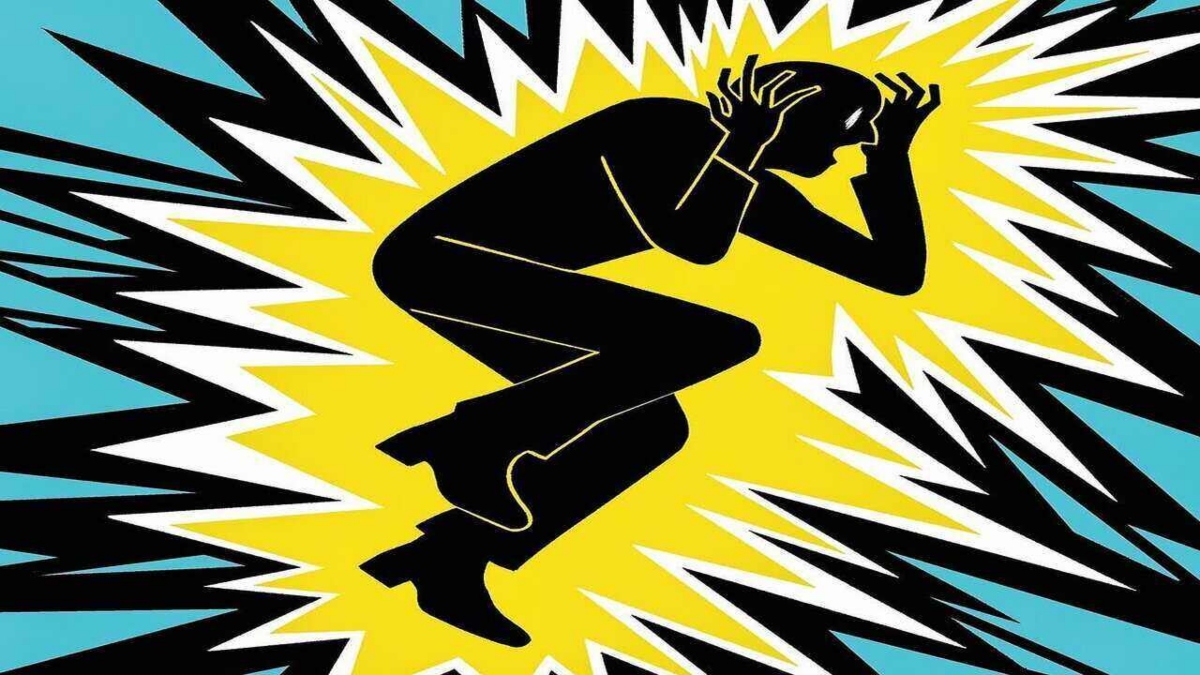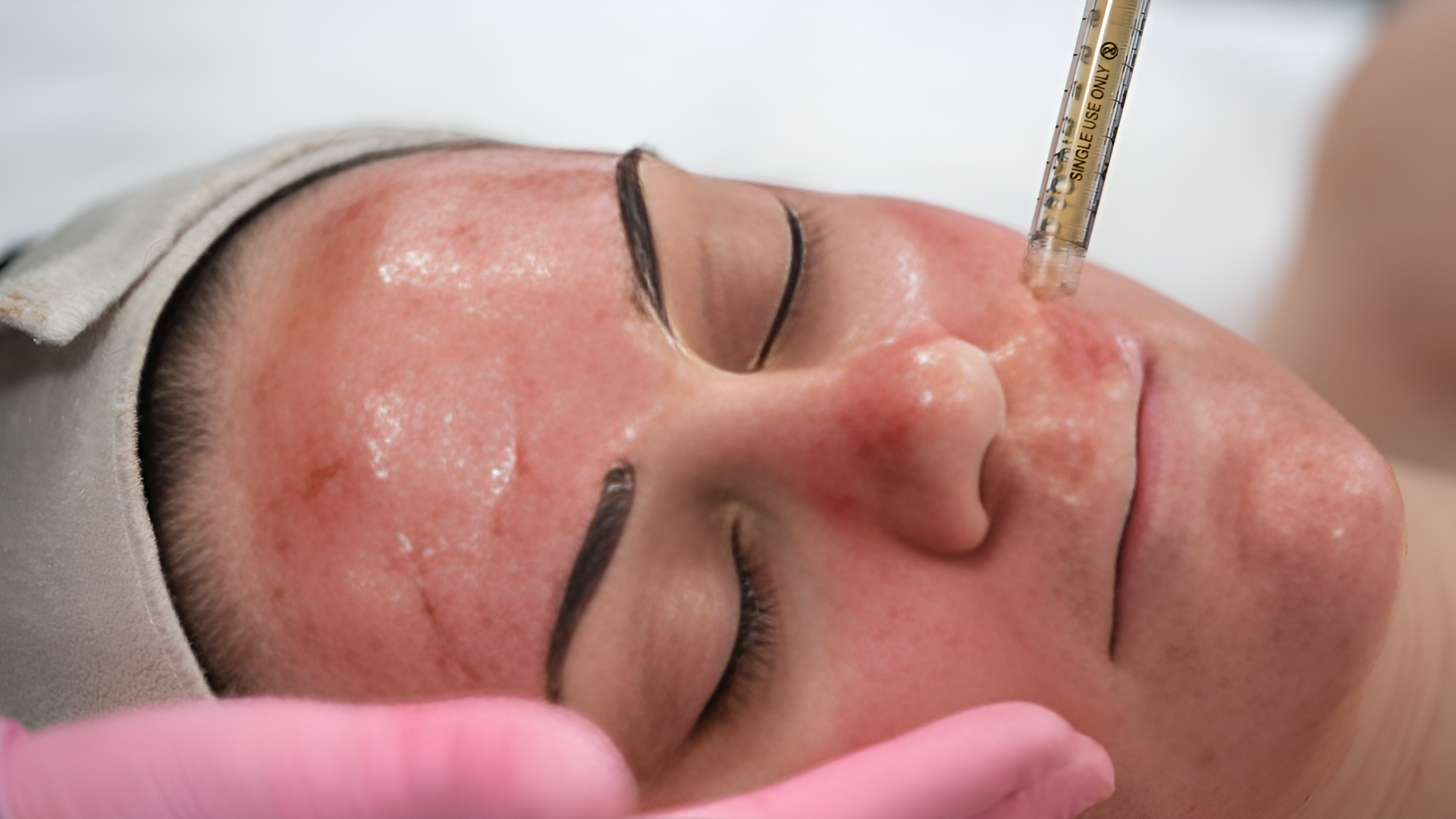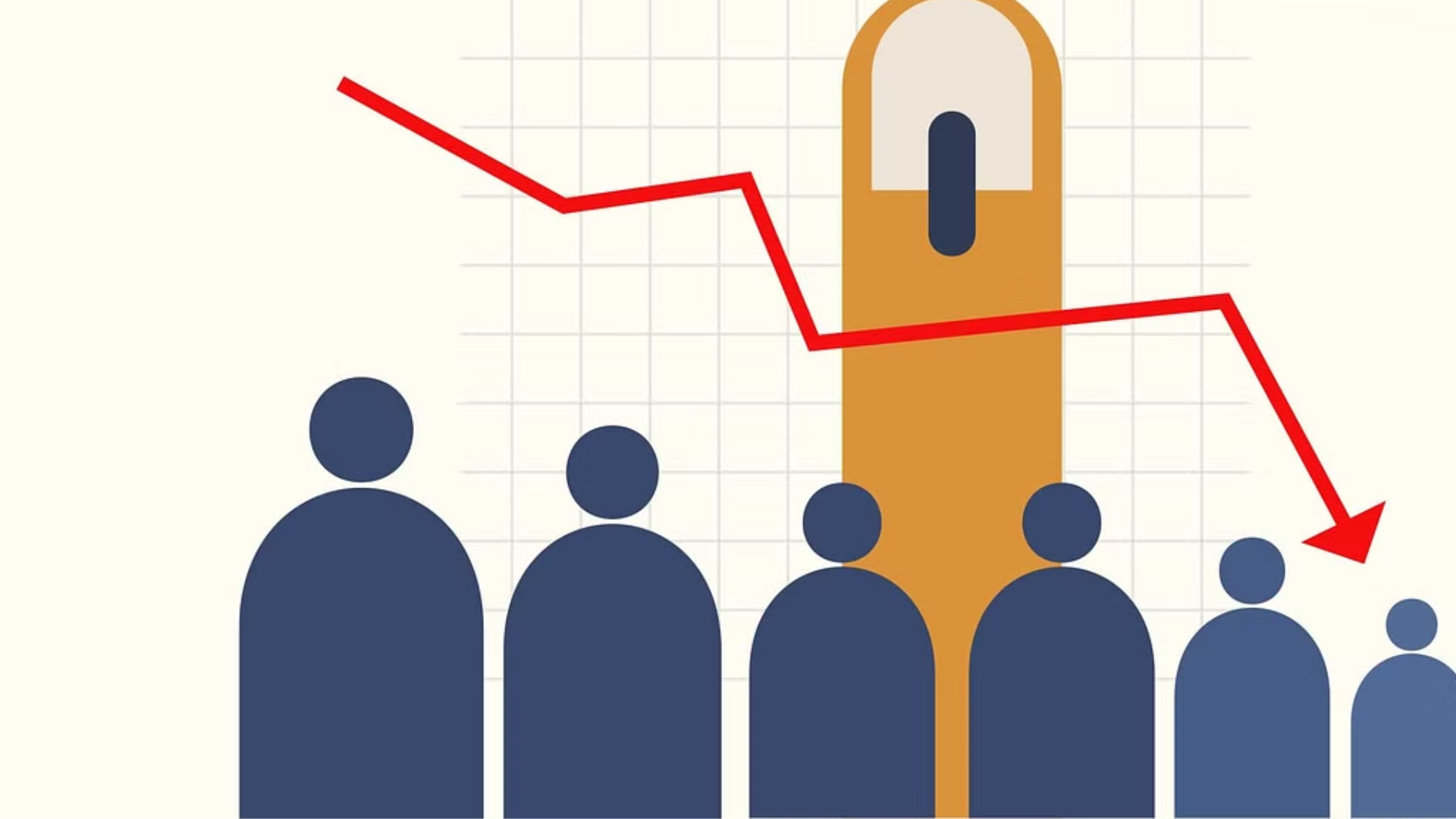










U.S. intelligence officers, diplomats, and other administration officials in Vienna have reported experiencing mysterious and often at times debilitating set of symptoms similar to the Havana Syndrome. U.S. officials say the amount of potential new cases in Vienna is now higher than the number reported by officials in any city except Havana itself, where the primary case was reported.
Victims of Havana Syndrome have reported a varying set of symptoms and physical sensations, including sudden vertigo, nausea, headaches, and head pressure, sometimes amid a “piercing directional noise.” Some reported having the ability to “step in” and “step out” of those sensations by physically moving their bodies elsewhere. Some are diagnosed with traumatic brain injuries and still suffer from debilitating headaches and other health issues years later.
Though inflicting harm might not be the primary intent, U.S. officials increasingly believe that whoever could be responsible is now well cognizant with the devices that can cause debilitating symptoms and can seek to use them to focus on and physically harm individuals, a weapon that’s difficult to trace.
Havana Syndrome is a mysterious illness that was first detected at the US Embassy in Havana, Cuba in 2016, according to the BBC. From 2016 to 2017, diplomats and staff suddenly developed surprising symptoms like hearing loss, dizziness, and other neurological issues.
An investigation was launched, and US officials accused the Cuban government of carrying out sonic attacks on American citizens. (Cuba denied this.) Havana Syndrome wasn’t just linked to the American embassy—at least 14 staffers at the Canadian embassy in Cuba also had symptoms.
More than 130 people from across the U.S. government have come forward with potential symptoms of Havana Syndrome, although some cases have been proven unrelated. Of those 130, 60 to 80 people are associated with the Department of Defense.









